Mukuru Residents Celebrate Modern Housing with Water, Toilets, and Cooking Gas
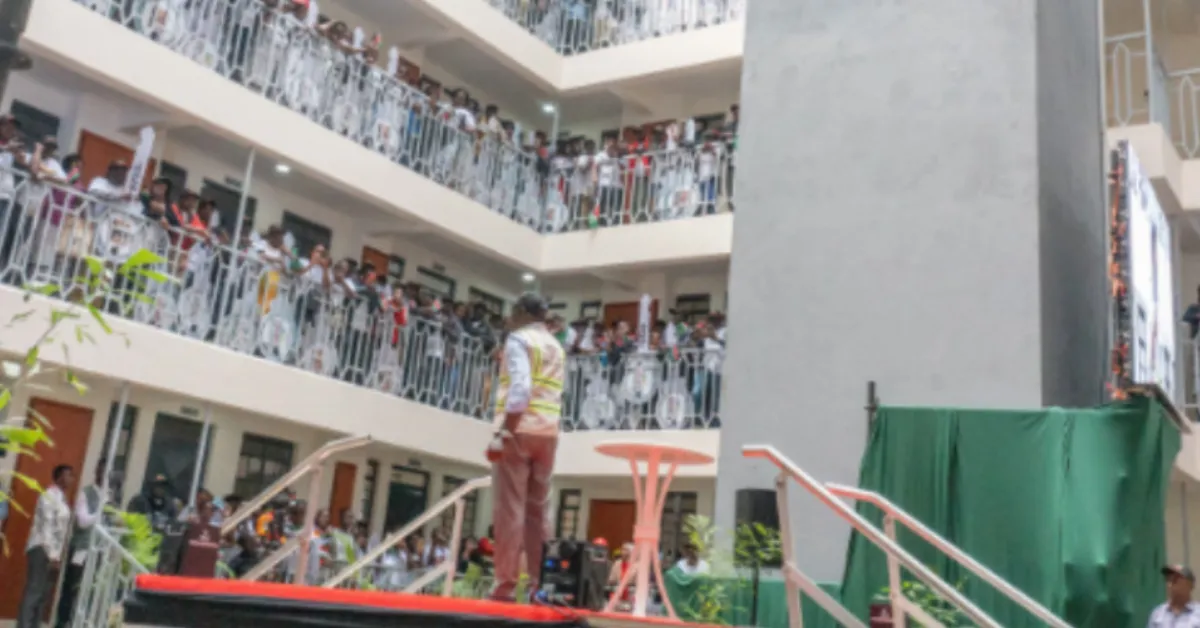
A new chapter has begun in the ongoing transformation of Nairobi's Mukuru slums as the first residents of a government-backed affordable housing project officially received keys to their newly constructed homes.
In a ceremony presided over by President William Ruto, the handover marked a pivotal moment in the administration's ambitious plan to uplift urban low-income communities by upgrading informal settlements. The Mukuru Affordable Housing project, situated on a 55-acre parcel of land formerly belonging to the Kenya Meteorological Department, represents a significant milestone in addressing the acute housing shortage within one of Nairobi's most densely populated low-income areas.
A total of 1,080 housing units have been allocated, primarily to residents previously residing in the makeshift iron sheet dwellings of Mukuru and Mariguini slums. This transition signifies a marked improvement from the precarious, flood-prone conditions typical of these informal settlements to modern, well-serviced housing equipped with essential amenities. During the handover ceremony, President Ruto emphasised the project's critical role in achieving his administration's commitment to uplifting marginalised communities.
"You are happy, but I am happier than you because my dream has been fulfilled—of elevating a common citizen from the dust to the flats," he stated, characterising the event as a landmark moment in his political career.
The ceremony was attended by beneficiaries and government officials. Richard Mauko, a 45-year-old father of two and former resident of Mukuru kwa Njenga, is among those embarking on a new chapter. Mauko had spent years paying a monthly rent of Sh2,500 for substandard housing. Owning a bedsitter in a structured estate with reliable access to water, electricity, and cooking gas was previously an unattainable aspiration for him.
"I now own a house in Nairobi. This is no longer a rumour—it is real," he exclaimed, expressing relief and gratitude for the stability and dignity that the new home provides.
Residents from Mukuru and Mariguini were given priority in the allocation process, with the project operating on a long-term Tenant Purchase Scheme. This arrangement enables beneficiaries to pay subsidised monthly instalments over a 30-year period, making homeownership more accessible. While the new units come with increased costs—Mauko, for example, will now pay Sh3,900 per month, exceeding his previous rent—the improved living conditions are considered well worth the expense.
The government has also provided essential furniture, including double-decker beds fitted with heavy-duty mattresses, to facilitate a smooth transition for the new homeowners. For many, the opportunity to escape the instability and hardship of slum life is nothing short of life-changing. Jacinta Regere, a former resident of Mariguini, recounts the constant struggle with flooding, which often resulted in the loss of important documents and household possessions.
"Whenever it rains in the slums, you spend day and night trying to clear water from your house," she said, expressing profound gratitude for the chance to rebuild her life in a safer and more secure environment.
Cecilia Wanjiru, a food vendor who previously struggled to make ends meet, never imagined that she would one day own a home in Nairobi. For her, the new housing unit is not just a place to live, but also a legacy for her children. "I had nothing else that my children could inherit from me, but I’m now a happy mother. I finally have something to leave behind," she stated, echoing the sentiments of many who see this opportunity as a foundation for a better future.
The project also addresses the unique vulnerabilities faced by women living in informal settlements, where frequent fires, structural instability, and security concerns can put female residents at heightened risk. Wanjiru emphasises that, beyond the economic benefits, the new housing units offer invaluable peace of mind, providing protection from environmental hazards and crime. Sheila Waweru, CEO of the Affordable Housing Board, highlights the transparency and inclusivity of the allocation process.
Applications were managed through the government's Boma Yangu online platform, ensuring fairness in selection. Prospective homeowners were required to demonstrate consistent savings, and financial institutions assessed their ability to sustain payments. In cases where multiple applicants competed for the same unit, the system prioritised those who had made deposits first.
Waweru reassures those who were not initially successful in securing homes that they remain on a waitlist and can apply for upcoming phases of the project or select units in other developments.
Despite the project's notable successes, important questions remain regarding its long-term sustainability. While ownership documents are currently held by the Ministry of Lands, occupants will receive full ownership upon completing their payments. However, urban development experts emphasize the need for ongoing monitoring to prevent speculative buying or misuse of the units.
The Mukuru housing project represents a significant shift in the approach to slum rehabilitation in Kenya. Historically, interventions have often focused on temporary relief measures, but this initiative prioritises structured, permanent housing for low-income earners.

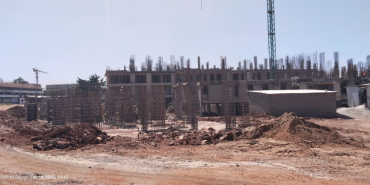
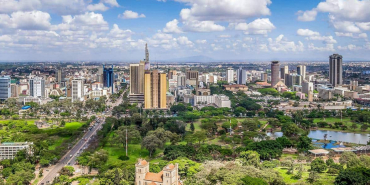
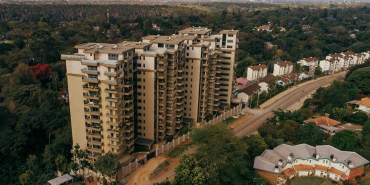
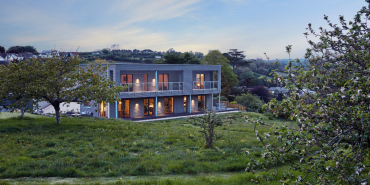

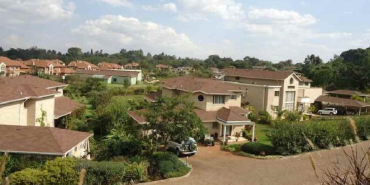
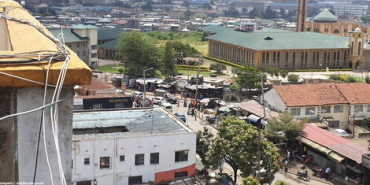

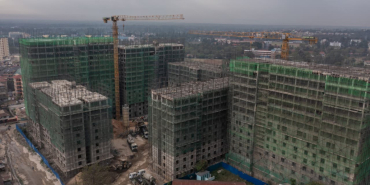




Add new comment